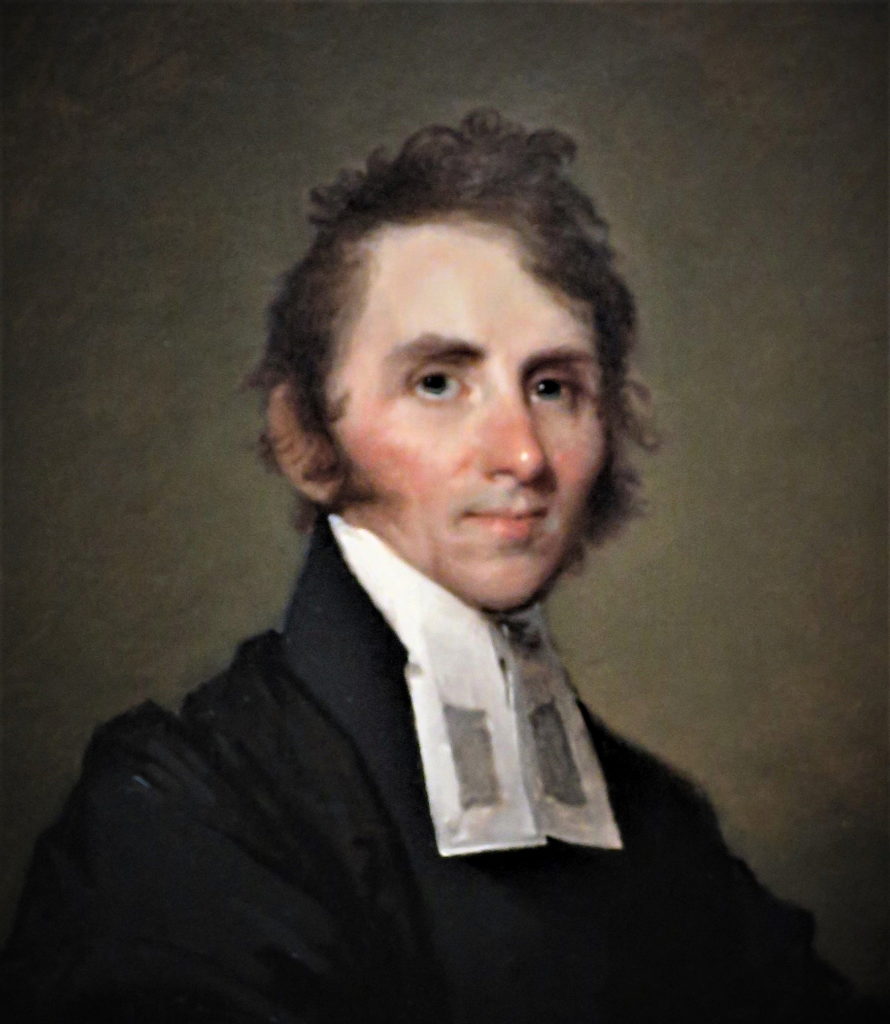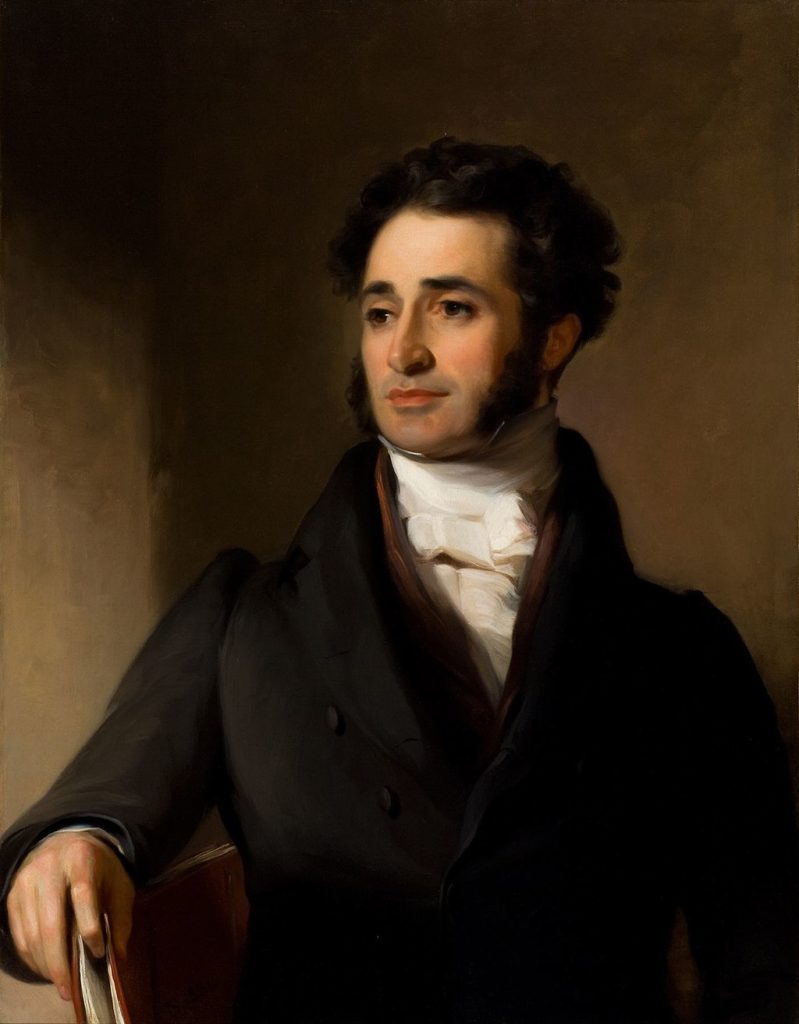Podcast: Play in new window | Download
Subscribe: Spotify | Email | RSS

In this episode, the remainder of Channing’s famous sermon, in which he objects to Calvinistic theology that it says that God is morally perfect, but then describes him as doing things which obviously conflict with moral perfection. In his view unitarian Christian teaching on God, sin, and salvation actually presents God as wholly good.
He then discusses theories of atonement; while unitarian Christians of his day were not of one mind on these, most did agree that what is now called “penal substitution,” a theory deriving from the Reformation era, with some precedent in the high middle ages, makes no sense. Nor, Channing points out, does Scripture actually say a lot of things that theologians commonly assume as obvious about atonement.
The ultimate goal of our salvation is not merely forgiveness of sin, but rather, Channing argues, the complete transformation of our character into likeness to Jesus and God, so that we’re suitable for eternal fellowship with them and with each other. Although we can’t earn our salvation by our good works, we can choose to cooperate with God’s spirit.
Channing makes some strong claims about revivalistic-type emotionalism in religion, and says that we should only judge a person’s spiritual condition by their level of habitual obedience to God. Feelings are certainly relevant and important, but Channing thinks there are many pitfalls here on the road to true spiritual growth.
He describes the sort of character the Gospel is suppose to make it is, characterized by the love of God, the love of Christ, and many virtues that relate to helping those around us. Among these he discusses charity and humility when it comes to theological disagreements, and he laments the persecuting spirit that mars so much of the history of Christianity.
Finally, he exhorts the new pastor Jared Sparks to preach and teach with all diligence, and to live as an example to his flock, and he reminds us that the Reformation of Christian traditions by means of Scripture and reason is not at all finished.

Links for this episode:
podcast 308 – Channing’s “Unitarian Christianity” – Part 1
podcast 217 – Bignon’s Defense of Calvinism – Part 2
podcast 216 – Bignon’s Defense of Calvinism – Part 1
podcast 197 – Noah Worcester on Atonement – Part 2
podcast 196 – Noah Worcester on Atonement – Part 1
podcast 92 – Dr. Joshua Thurow on objections to atonement theories
podcast 91 – Dr. Joshua Thurow on theories of the atonement
podcast 81 – Dr. Oliver Crisp on the breadth of Reformed tradition
podcast 80 – Foreknowledge, Freedom, and Randomness
podcast 79 – Dr. John Piper on why not everyone is elect
podcast 37 – Why did Jesus have to suffer?
This week’s thinking music is “Chaulk One Up” by Admiral Bob.

I never tire of the clarity, fairness, and wisdom of Channing. The first time I read ‘Unitarian Christianity’, it felt like ‘scales fell off my eyes’.
Fantastic! I am very interested in the rise of Unitarian belief in the 1700 & 1800’s. Channing was so methodical and even tempered in his presentation. I have read Joseph Priestly’s “The Historical Corruptions of Christianity” — well, at least in part! I skipped the chapters that dealt with continued corruptions found primarily in the Catholic Church.
The theory of atonement presented by Priestly was the most confusing for me. I had more questions about what he proposed than I had conclusions after reading. Channing’s teaching was more clear – but I am still struggling to pinpoint what I believe so as to be able to share it in a succinct manner.
I look forward to hearing your reflection on this in the next podcast.
Thank you for taking the time to make this available.
Comments are closed.